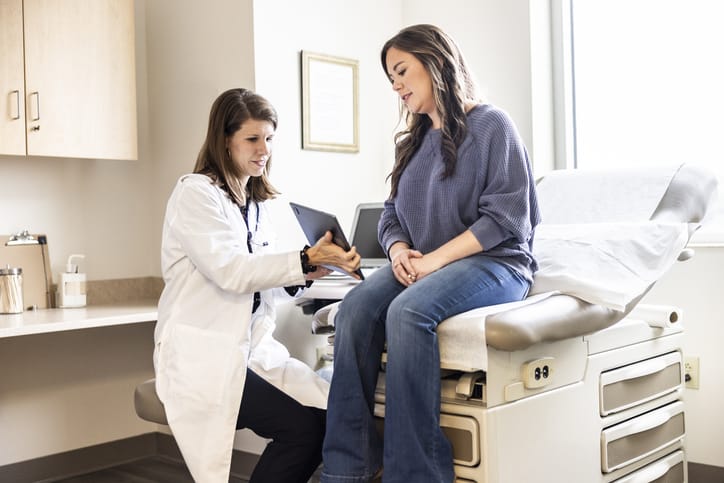When you first receive a diagnosis of systemic mastocytosis (SM), it may feel like a lot to take in. That’s normal — there is a lot to learn about the disease, such as the specific subtype of SM you have, how the disease progresses and what you can expect down the road.
We all know that doctors are only human and mistakes can happen, including in diagnosing a disorder. So when should you seek a second opinion after a SM diagnosis? Read on and find out.
How a diagnosis of SM is made
Some diseases, like the common cold, are often diagnosed based on a doctor’s subjective observations and the symptoms a patient reports. That’s not the case with SM. The World Health Organization (WHO) has outlined specific, strict benchmarks for the signs of SM. If these benchmarks aren’t met, a patient can’t be diagnosed with SM.
For example, one benchmark requires that a bone marrow biopsy must have areas of at least 15 mast cells grouped together. If your biopsy doesn’t show groups of mast cells that meet this definition, it can’t be used to diagnose you with SM — even if you have groups of 10 or 12 mast cells.
In other words, a diagnosis of SM is not made on a hunch or by your doctor listening to a list of symptoms. Rather, strict laboratory evidence must be present for SM to be diagnosed.
Read more about SM testing and diagnosis
Seeking a second opinion
You are always free to seek a second medical opinion. However, assuming that your first doctor followed the WHO’s diagnostic guidelines correctly and faithfully, it is almost certain that your second doctor will perform the exact same tests to determine if your diagnosis was correct.
If guidelines are followed correctly, the risk of a misdiagnosis in SM is low. The only way that a second medical opinion would differ from the first is if the first doctor made a mistake in following diagnostic protocols or chose not to follow diagnostic protocols at all, which would be a severe breach of their duty of care.
SM is often a life-changing diagnosis, and wanting a second opinion is perfectly understandable. If you have the resources to seek a second opinion and are sure that it is the right decision for you, by all means do so, if only for your peace of mind.
Getting resources on SM
Before choosing to seek a second opinion regarding a SM diagnosis, it may be helpful for you to schedule time to speak with your current doctor about the diagnostic process and get more information about SM. You may ask for resources, both physical and online, that can help educate you about the next steps to take.
It is okay to allow yourself a moment of pause to reflect on the information you have received and to calmly think about the next steps that you need to take. Remember, support is always available. You do not need to take this journey alone. By educating yourself on SM and taking steps towards treatment, you are already doing your level best, and that is all that anyone can do.
Sign up here to get the latest news, perspectives, and information about SM sent directly to your inbox. Registration is free and only takes a minute.

